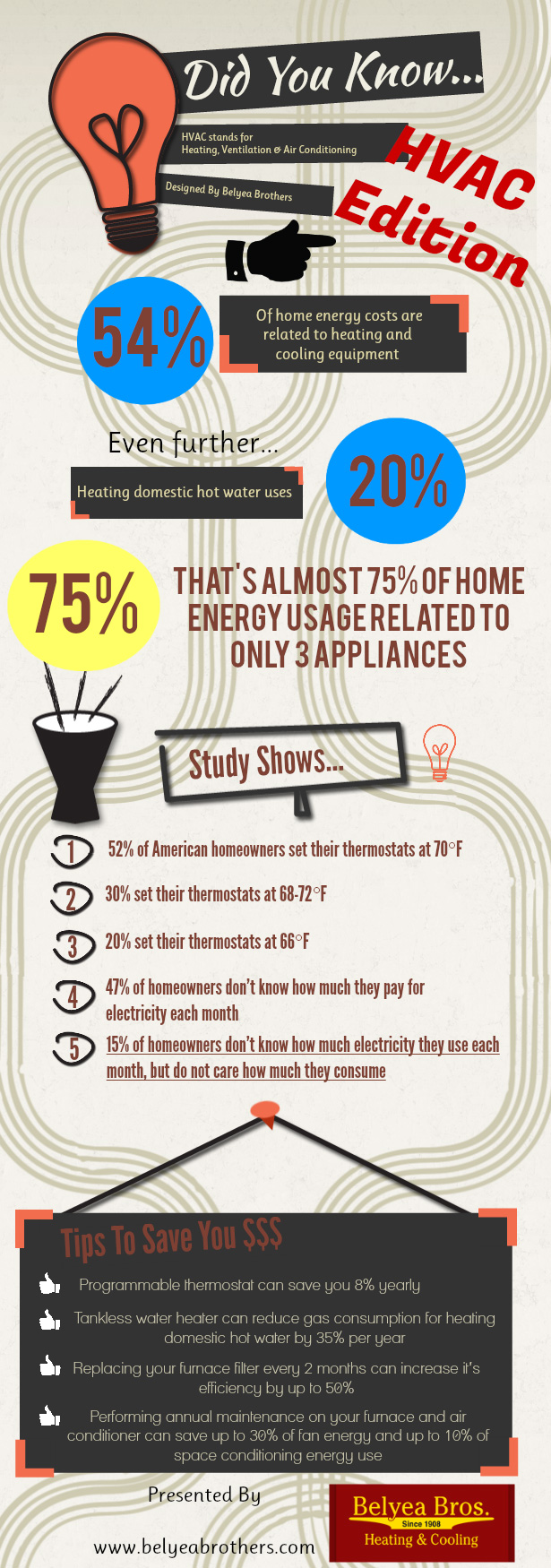Just How Climate Impacts Heatpump Performance And What You Can Do Regarding It
Just How Climate Impacts Heatpump Performance And What You Can Do Regarding It
Blog Article
Write-Up Writer-Jacobs McDougall
When it concerns your heatpump, weather condition plays a critical duty in its performance. From freezing temperatures to sweltering heat, each component can influence how effectively your system operates. But what can you do to battle these weather-related obstacles and guarantee your heat pump is operating at its ideal? Stay tuned to uncover practical tips and methods to enhance your heat pump's performance, despite the weather conditions it faces.
Climate Elements Influencing Heatpump Effectiveness
Weather variables have a significant effect on the efficiency of heat pumps. One crucial variable is temperature level. Heat pumps function by transferring warmth from outdoors to inside during winter and vice versa in summertime. As temperature levels drop, it comes to be harder for the heat pump to remove warm from the outdoors air, reducing its performance.
An additional key element is moisture. High moisture levels can make it a lot more difficult for the heatpump to launch heat throughout the cooling process.
Additionally, wind rate contributes. Strong winds can dissipate the warmth soaked up or launched by the heatpump, influencing its general efficiency.
Tips for Optimizing Heatpump Efficiency
To enhance the effectiveness and long life of your heatpump, applying a couple of key techniques can make a substantial distinction in its performance.
To start with, make sure normal maintenance by cleaning or changing filters every 1-3 months to stop air movement clogs and optimize air flow. Furthermore, routine yearly specialist examinations to discover and address any type of possible problems early on.
Optimal thermostat setups also play an important function. Throughout the winter, go for a temperature setting that's as low as comfortable, and throughout the summer season, established it as high as comfortable to reduce the workload on your heatpump. Utilizing a programmable thermostat can assist you automatically adjust settings based on your timetable.
Additionally, securing leaks in ductwork and shielding ducts in unconditioned areas can prevent power loss and boost general system efficiency.
Finally, consider setting up a smart thermostat that can discover your routines and adjust setups as necessary, further maximizing your heat pump's performance. By adhering to these ideas, you can ensure your heat pump runs efficiently and efficiently throughout the year.
Best Practices for Weatherproofing Your Heatpump
For ideal efficiency and effectiveness of your heat pump, carrying out weatherproofing steps is crucial. Begin by securing https://levittownnow.com/2022/02/28/gas-prices-remain-high-european-war-increases-instability/ or splits around doors, home windows, and ductwork to avoid warmth loss and maintain a consistent indoor temperature.
Protect subjected pipes and ducts to prevent cold during winter and ensure proper air flow. Think about setting up a protective cover over the outside unit to shield it from rough climate elements like snow, ice, and particles.
Frequently clean the outside system to remove dirt, leaves, and particles that can block airflow and lower performance. In addition, maintain the area around the heatpump free from snow, ice, and greenery to enable proper air flow.
Verdict
Since you comprehend exactly how weather condition influences your heatpump performance, you can take aggressive steps to maximize its performance. By adhering to the tips detailed in this article, such as routine maintenance, thermostat changes, and weatherproofing actions, you can guarantee that your heatpump operates at its ideal no matter the weather conditions. Remain successful and keep your home comfy all the time.
